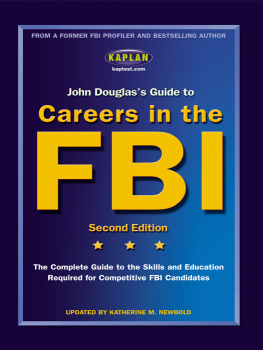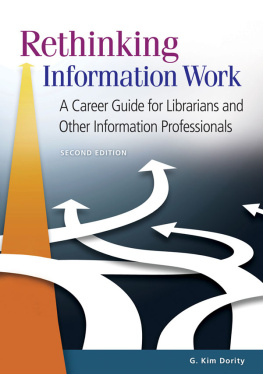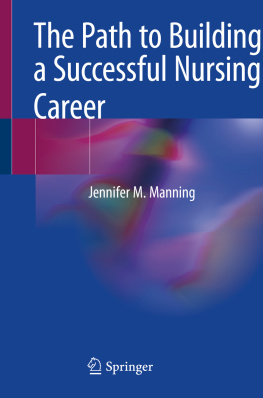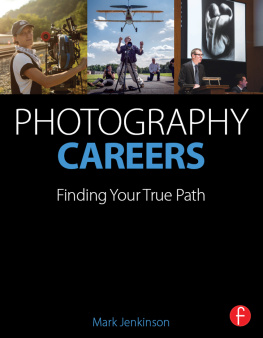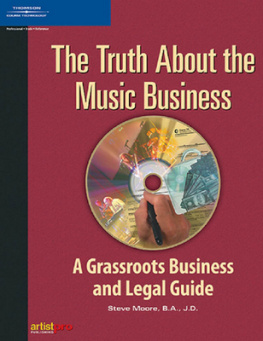Published in 1999 by
Routledge
Taylor & Francis Group
711 Third Avenue
New York, NY 10017
Published in Great Britain by
Routledge
Taylor & Francis Group
2 Park Square
Milton Park, Abingdon
Oxon OX14 4RN
1999 by Taylor & Francis Group, LLC
Routledge is an imprint of Taylor & Francis Group
International Standard Book Number-10: 1-56032-670-0 (Softcover)
International Standard Book Number-13: 978-1-56032-670-0 (Softcover)
Library of Congress catalog number: 98-41616
No part of this book may be reprinted, reproduced, transmitted, or utilized in any form by any electronic, mechanical, or other means, now known or hereafter invented, including photocopying, microfilming, and recording, or in any information storage or retrieval system, without written permission from the publishers.
Trademark Notice: Product or corporate names may be trademarks or registered trademarks, and are used only for identification and explanation without intent to infringe.
Library of Congress Cataloging-in-Publication Data
Catalog record is available from the Library of Congress
Visit the Taylor & Francis Web site at http://www.taylorandfrancis.com
and the Routledge Web site at http://www.routledge-ny.com
FOREWORD
So you are a scientist or considering training to be one. Have you ever wondered what it would be like to:
apply for a patent,
pursue environmental law,
teach high school,
describe research to a senator,
take a laboratory product to market,
sell scientific equipment, draw the human body,
write a newspaper article,
develop a computer-based expert system, or
start a company?
If you have, Karen Young Kreegers Guide to Nontraditional Careers in Science is about to tell you what it is like and what it takes to pursue any of these lines of work, based on concise stories and advice from dozens of scientists. Karen has assembled practical guidance about the homework necessary to embark on science careers in business, education, law, media, public policy, informatics, and other professions.
You may have been confused by what is meant by alternative or non-traditional careers. Such careers have been suggested more frequently as faculty positions and research funding have become more difficult to obtain. (See, e.g., Rethinking Science as a Career, referenced in .) Karen clarifies these terms by relaying to us what it really takes to pursue employment in nontraditional settings.
You may already have read Dr. Cynthia Robbins-Roths recent, edited book, Alternative Careers in Science: Leaving the Ivory Tower (see professional societies, Web sites, training programs, for exampleto guide your exploration and potential access to a nontraditional path.
The Guide provides advice on the competition in these professions from different practitioners and insiders views of what it takes to get the necessary qualifications and your foot in the door. We are reminded that even if we are equipped with a Ph.D., freshly minted or otherwise, and are quick learners, we will still likely have to start a new path with humility at a rung somewhere near the bottom of the professional ladder.
In addition to providing examples of Ph.D. holders pursuing diverse career paths, the Guide includes stories about those with baccalaureates, masters, J.D.s, and M.D.s. This inclusiveness reminds us that there are relatively few jobs that legally require a Ph.D. For many employers, experience on the job counts as much or more than an advanced degree.
If you are exhausted at the thought of needing to get a J.D., M.B.A., or M.D. on top of an M.S. or Ph.D., take note of the stories about scientists working with others who possess J.D.s, M.B.A.s, and M.D.s. For some jobs and people, additional qualifications will be a benefit or necessity. But you do not necessarily have to spend another two or more years in school, since many other jobs require working with other experts, rather than trying to do it all yourself.
Some scientists have always pursued career paths outside academia or an industrial research lab, either for all or the latter portion of their careers. What is new today is the number of scientists in nontraditional settings and the appearance of books that capture their career paths.
Perhaps the prevalence of so many scientists doing such diverse activities outside the lab will finally put to rest the misconception held by some that there is a small number of appropriate job positions for scientists. Science is accomplished in the many different ways exemplified in the Guide. I remember a science meeting early in my third career, when someone referred to those working outside academic research as leakage (as in from the pipeline). In contrast, the examples in the Guide conjure up images of healthy flows through diverse lines. Also as exemplified, scientists come with diverse aptitudes and interests, despite the stereotypes.
So who should read this book? Obviously, if you have not yet pursued a nontraditional career path, this is a great place to start. If you are a faculty advisor and some of your students or graduates are heading off for internships or employment in nontraditional settings, the Guide provides vignettes of these different worlds and resources to pass along to them. If you have already pursued a nontraditional career in science, you will enjoy reading the Guide and saying to yourself, So I am not the only one who:
thought I was leaving my field and could never go back;
felt out of his or her element at first;
felt fulfilled in a line of work outside the lab;
believes scientists can contribute in many roles to society and science;
might try yet another nontraditional profession.
I have worked primarily in nontraditional settings, having trained as a research psychologist, worked for a dozen years in nuclear power plants and on Navy projects, and now direct a nonprofit. As such, I found I had a lot in common with those who have been pulled or pushed to go into ventures they did not expect. How was I to imagine that the Three Mile Island incident would be the impetus for my first job analyzing operator performance data? Many other scientists in the pages of the Guide share similar stories.
The Guide reminds us that you often do not know the background of those with whom you work and interact, until you ask. There are scientists in places you may never have expected. Thanks for the enlightenment, Karen.
Catherine D. Gaddy, Ph.D.
Executive Director
Commission on Professionals in Science and Technology


